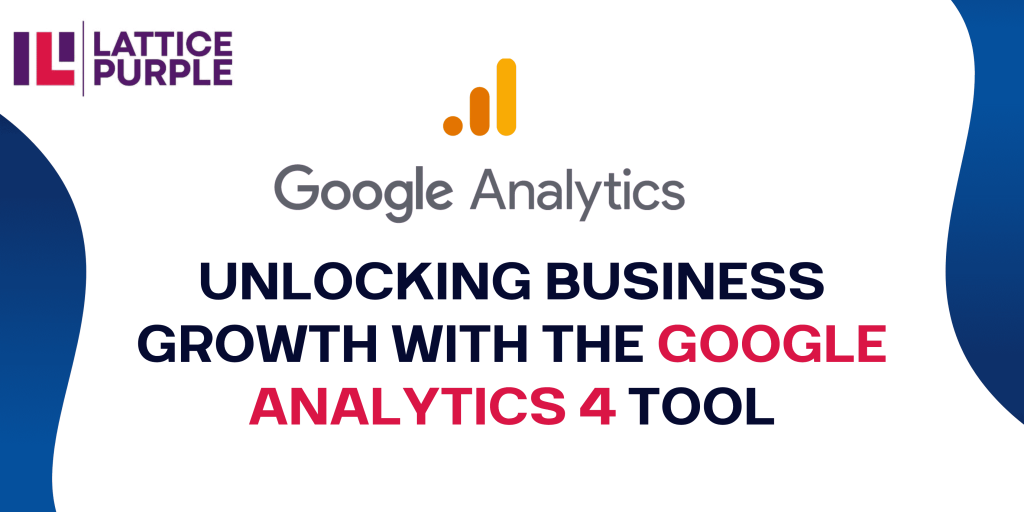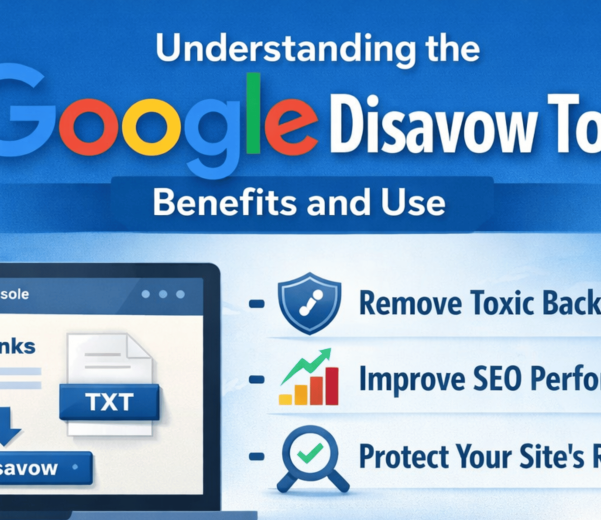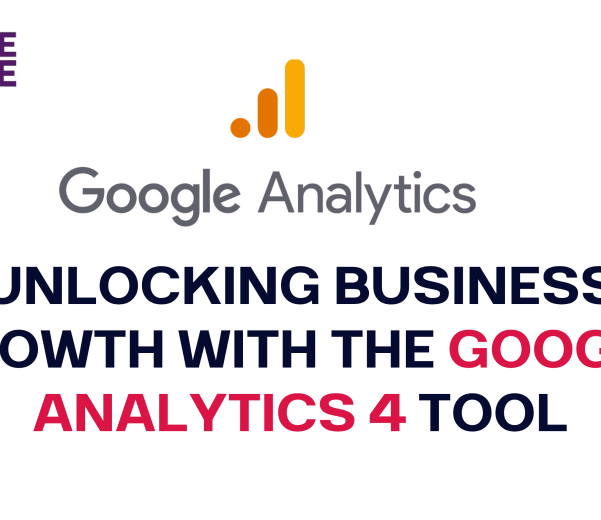The Importance of Understanding Your Online Audience
In today’s fast-paced digital world, understanding your online audience is more crucial than ever. The digital landscape is constantly evolving, making it essential for businesses to stay ahead of the curve. Google Analytics stands as a powerhouse tool that provides invaluable insights into user behavior and website performance. By harnessing these insights, businesses can make data-driven decisions that enhance their marketing strategies and overall operations. Whether you’re a small business owner, a startup founder, or a seasoned marketing manager, harnessing the power of Google Analytics can propel your business to new heights. It’s not just about collecting data; it’s about transforming that data into actionable strategies that drive growth and customer engagement.
Introducing Google Analytics 4 (GA4)
What Is GA4?
Google Analytics 4 (GA4) is the latest iteration of Google’s powerful analytics platform. It represents a significant leap forward in how businesses can understand and engage with their customers. It has been designed to provide a more comprehensive understanding of customer journeys across various platforms and devices. This holistic view is essential in today’s multi-channel world, where consumers interact with brands on numerous touchpoints.
Key Differences from Universal Analytics
Unlike its predecessor, Universal Analytics, GA4 emphasizes event-based data collection rather than session-based. This means it offers a more in-depth and flexible approach to tracking user interactions, allowing businesses to gain insights into every moment of the customer experience.
Related Read – 50+ Essential Google Analytics 4 (GA4) Interview Questions & Answers for 2025
Innovative Features of GA4
Event-Driven Data Model
Instead of focusing on sessions, GA4 tracks individual events. This provides a more granular view of user interactions, enabling businesses to understand specific actions users take on their sites. This shift allows for a more detailed analysis of user behavior, which can lead to more targeted marketing efforts.
Cross-Platform Tracking
GA4 allows you to track users across websites and apps, offering a unified view of user behavior. This is crucial for businesses with a presence on multiple platforms, as it helps create a consistent customer experience. By seeing how users interact with your brand across different channels, you can optimize your strategies for better engagement and conversion.
Enhanced Privacy and Compliance
With privacy becoming a top concern, GA4 has built-in features to comply with data protection regulations like GDPR. This ensures that businesses can gather valuable insights while respecting user privacy. These compliance features are essential for maintaining customer trust and avoiding potential legal issues.
Predictive Insights
Utilizing machine learning, GA4 can provide predictive metrics, helping businesses anticipate future actions and trends. This empowers businesses to be proactive rather than reactive, adjusting their strategies based on predicted customer behaviors. Predictive insights can lead to more effective marketing campaigns and improved customer retention.
Why Learn GA4?
Deeper Understanding of User Behavior
GA4’s event-based model allows for a deeper understanding of user behavior. By capturing detailed interactions, businesses can refine their marketing strategies to better meet customer needs. This understanding goes beyond basic metrics, providing insights into the motivations and preferences of your audience. With this knowledge, you can create personalized experiences that resonate with your customers and encourage loyalty.
Seamless Integration with Google Tools
GA4 integrates seamlessly with other Google tools like Google Ads and BigQuery. This unified ecosystem enables you to leverage data across platforms to enhance targeting and performance. By connecting these tools, businesses can streamline their operations and make more informed decisions. This integration also facilitates a more cohesive marketing strategy, ensuring that all efforts are aligned and optimized for success.
Future-Proof Analytics
As digital landscapes evolve, so does the need for robust analytics solutions. GA4 is designed to adapt to future technological changes, ensuring your data strategy remains relevant. By adopting GA4, businesses can stay ahead of industry trends and technological advancements. This future-proofing is crucial for long-term success, as it allows companies to remain agile and responsive to change.
Read More – Tips to Get Your Google My Business Listing on Top
Key Benefits of Google Analytics
Data-Driven Decision Making
With comprehensive data at your fingertips, you can make informed decisions about your marketing strategies, product offerings, and customer engagement efforts. This data-driven approach minimizes guesswork and maximizes efficiency. By understanding what works and what doesn’t, you can allocate resources more effectively and achieve better results.
Cost Efficiency
Google Analytics is a free tool, providing powerful insights without the hefty price tag. This makes it accessible for businesses of all sizes to leverage data-driven strategies. The cost efficiency of Google Analytics allows even small businesses to compete on a level playing field with larger competitors. By investing time in understanding and utilizing this tool, businesses can gain significant advantages without incurring additional expenses.
Targeted Marketing
By understanding your audience better, you can tailor your marketing campaigns to target specific user segments, improving ROI and engagement rates. This targeted approach ensures that your marketing efforts are reaching the right people with the right message. As a result, you can increase conversion rates and build stronger relationships with your customers.
Strategic Advantages of Google Analytics
Real-Time Data Monitoring
Stay up-to-date with real-time data that allows you to monitor user activity as it happens. This can be crucial for time-sensitive campaigns or events, where immediate action is required to capitalize on opportunities. Real-time data provides the agility needed to respond quickly to changes in user behavior or market conditions.
Customizable Reporting
Create custom reports to focus on the metrics that matter most to your business. This flexibility ensures you’re always equipped with the data you need to succeed. Customizable reports allow you to track progress towards specific goals and adjust your strategies as needed. This tailored approach provides insights that are directly relevant to your business objectives.
Advanced Segmentation
GA4 offers advanced segmentation options, enabling you to drill down into specific audience behaviors and characteristics. This level of detail helps in crafting personalized marketing strategies. By understanding different segments within your audience, you can create targeted campaigns that resonate with each group. This personalization can lead to higher engagement and increased customer loyalty.
Transitioning from Universal Analytics to GA4
Session-Based vs. Event-Based Data
- Universal Analytics: Focuses on session-based data. This approach provides a high-level overview of user activity but may miss specific interactions.
- GA4: Emphasizes event-based data, providing more detailed insights into user interactions. This method offers a more complete picture of user behavior, allowing for deeper analysis and more targeted strategies.
Dashboard and Reporting
- Universal Analytics: Traditional dashboard layout. While functional, it may not provide the most intuitive experience for new users.
- GA4: Offers a more streamlined and user-friendly interface with enhanced visualization tools. This makes it easier for users to navigate and extract meaningful insights from their data.
Customization and Flexibility
- Universal Analytics: Standardized reports with limited customization. While useful, these reports may not meet the specific needs of every business.
- GA4: Highly customizable reports with advanced analytics capabilities. This flexibility allows businesses to focus on the metrics that matter most and gain deeper insights into their performance.
Getting Started with GA4
Setting Up GA4
Begin by setting up a GA4 property in your Google Analytics account. This involves configuring data streams and defining key events you want to track. Proper setup is crucial for accurate data collection and analysis. Take the time to ensure that your configuration aligns with your business goals and objectives.
Defining Your Goals
Clearly outline what you want to achieve with GA4. Whether it’s increasing website traffic, improving conversion rates, or enhancing user engagement, having defined goals will guide your analytics strategy. Goal setting provides direction and focus, ensuring that your efforts are aligned with your broader business objectives.
Leveraging Machine Learning
GA4’s machine learning capabilities can provide predictive insights that help anticipate user behavior. Utilize these insights to fine-tune your marketing efforts and stay ahead of the competition. Machine learning offers a competitive edge by enabling more accurate predictions and personalized user experiences.
Read Related – What is a Large Language Model and Why It Matters in AI Today
Conclusion
Google Analytics 4 (GA4) is an essential tool for businesses aiming to thrive in the digital era, offering deep insights into user behavior and website performance through its event-driven, cross-platform analytics model. By leveraging GA4, companies gain a competitive edge with advanced predictive metrics, robust privacy features, and seamless integration with other Google platforms—allowing them to make informed, data-driven decisions that accelerate growth and boost customer engagement. Adopting GA4 not only future-proofs your analytics strategy but also empowers every aspect of your marketing and operational efforts, helping your business stay agile, relevant, and ready to capitalize on opportunities in an ever-evolving digital landscape.




